Our field trip to the Energy Island – Orkney
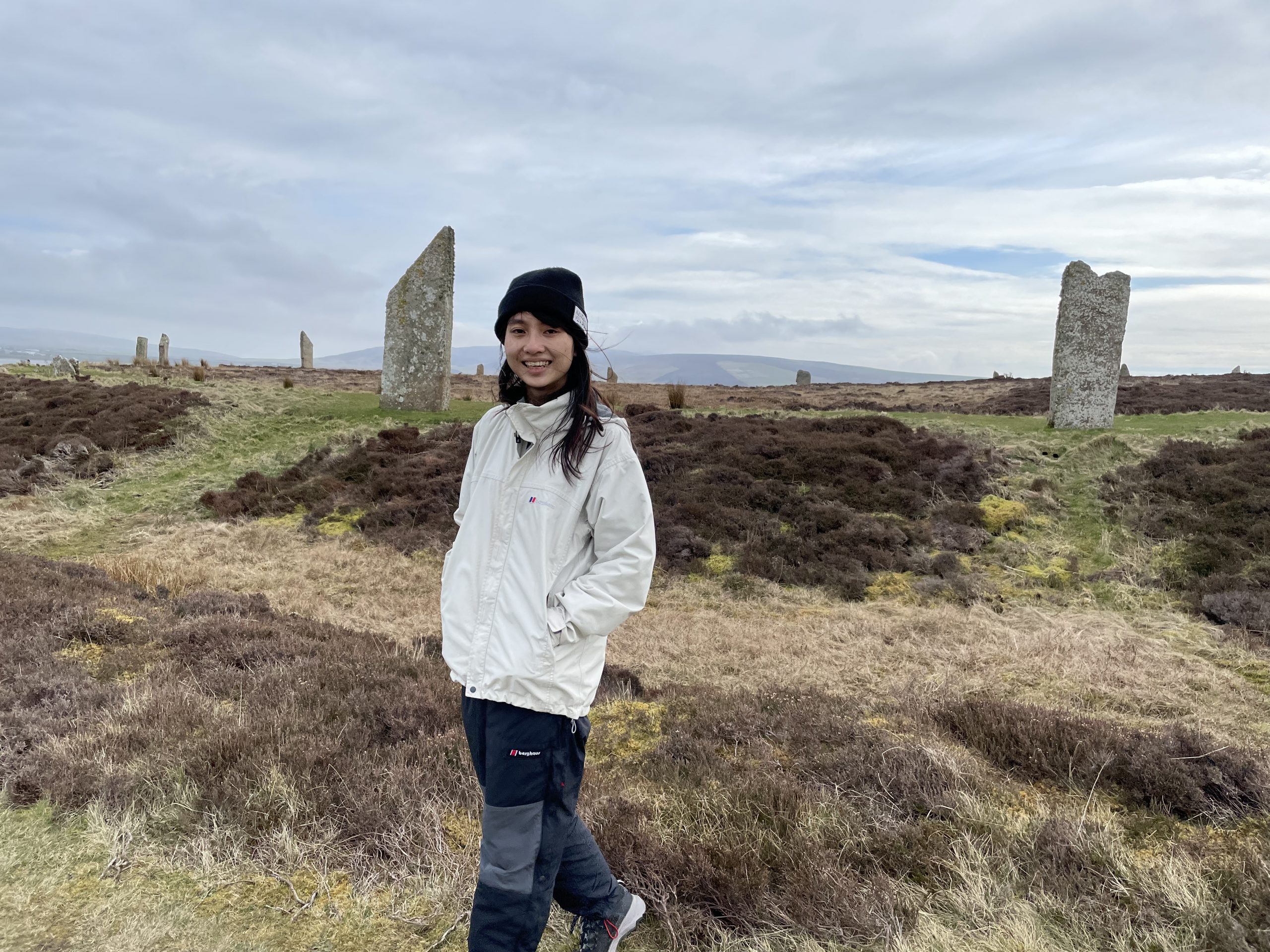
By Nancy, MSc Energy, Society and Sustainability
From March 2022, our class of MSc Energy, Society and Sustainability students have been preparing for our week of field trip to Orkney. Orkney Island is an archipelago in the northeast of Scotland, known as an “energy island” with rich natural energy reserves and progressive renewable energy development. The island generates 130% of their energy use, with development in wind, solar and marine energy. These characteristics make it the best place for us to apply what we’ve learnt in practice! We brought different research questions to the island and collaborated with local energy companies for the topics. Let me share with you a glimpse of what we’ve done during the week of the trip!
Day 0:
It took 8 hours of bus trip plus an hour of ferry ride to Orkney, so we spent most of our first day on transport. Everyone was sleepy but at the same time really excited for the unknown adventure ahead. It was so great meeting everyone out of the classroom and the view of the road was amazing!
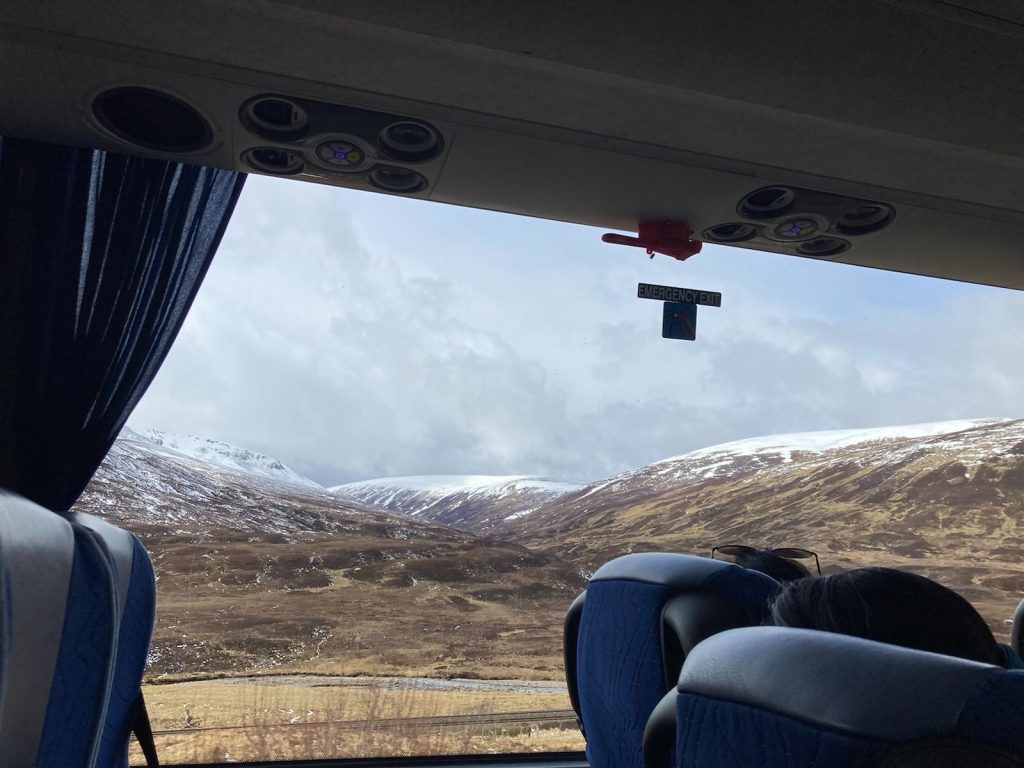
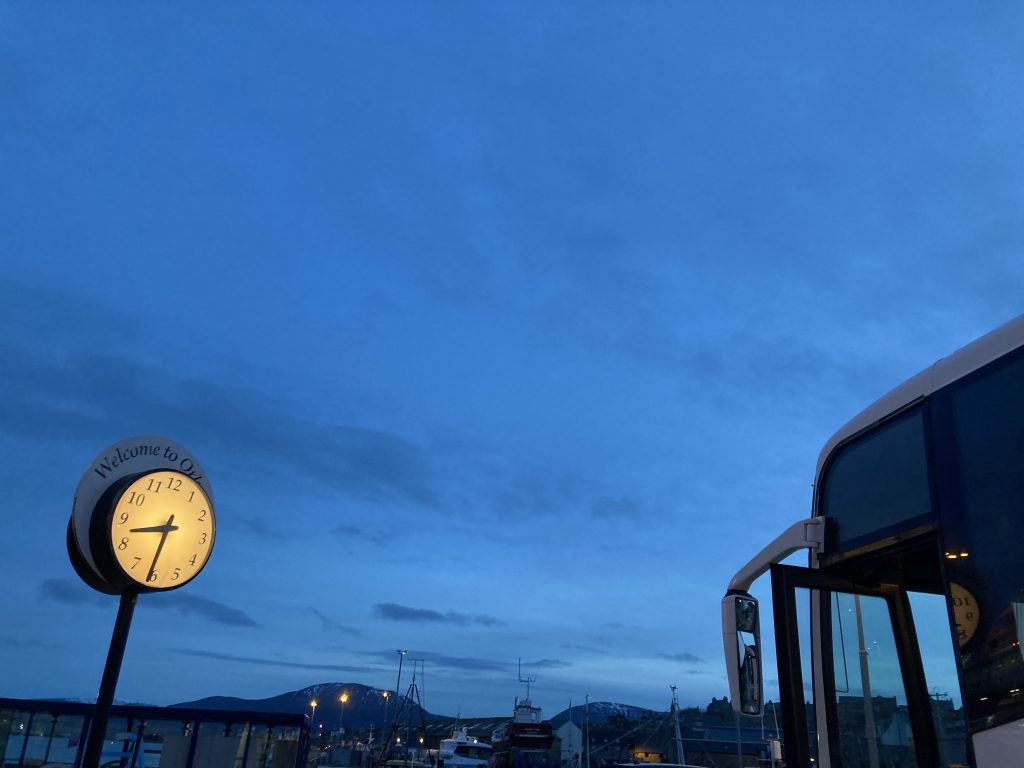
Stromness Ferry Pier
Day 1&2:
We spent the first two days familiarising ourselves with the island and preparing for the field research works. On day 1 and 2, we met representatives from local energy companies and organisations introducing us to the energy island and their professional area. We had the precious opportunity to visit the hydrogen refuel station and marine energy test site. During the site visits, we learnt about the status of these renewable technologies in Orkney and the real-life challenges faced in current development. We also spent an amazing time wandering the town of Kirkwall and Stromness and trying to get to know more about Orkney.
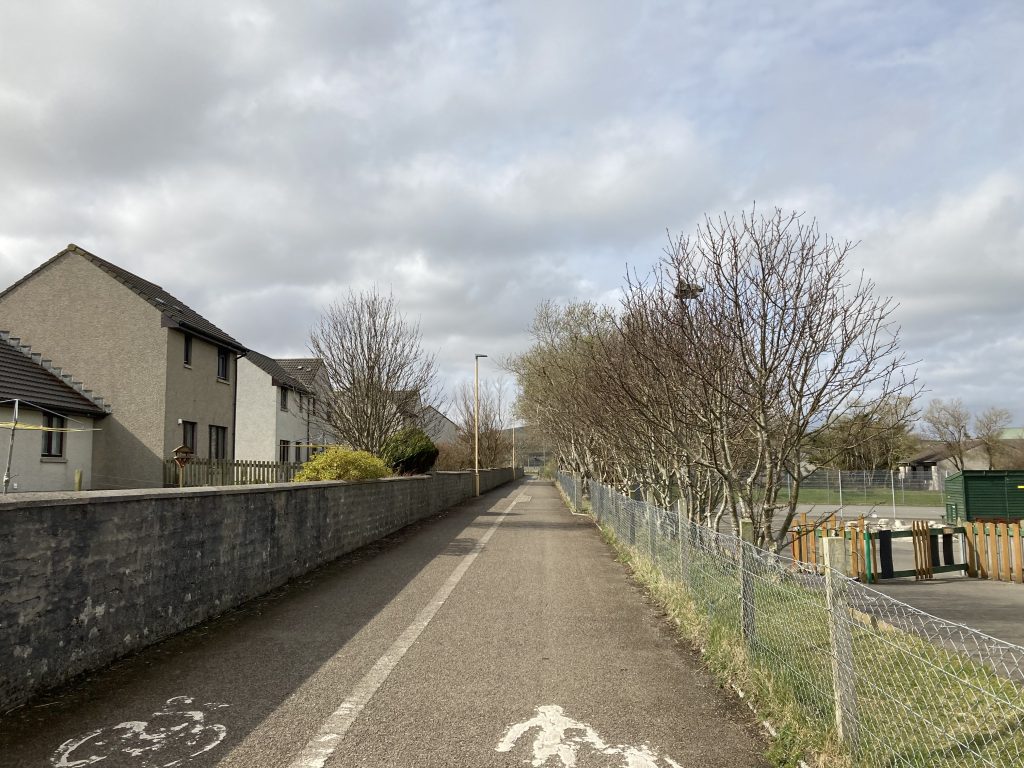
Kirkwall
Day 3&4:
Each group carried their topic of interest to Orkney and day 3 and 4 are the days for our research. We applied what we have learnt from the course workshops to outline our research focus and method. Our group worked on a topic concerning marine energy sites and the possible impacts of materials produced. We spent the two days on four interviews with local stakeholders and gained valuable insights. We also had the chance to walk in the beach environment and observe. The Billia Croo beach is exceptionally windy, and it came to us instantly that this is what makes Orkney the Energy Island!
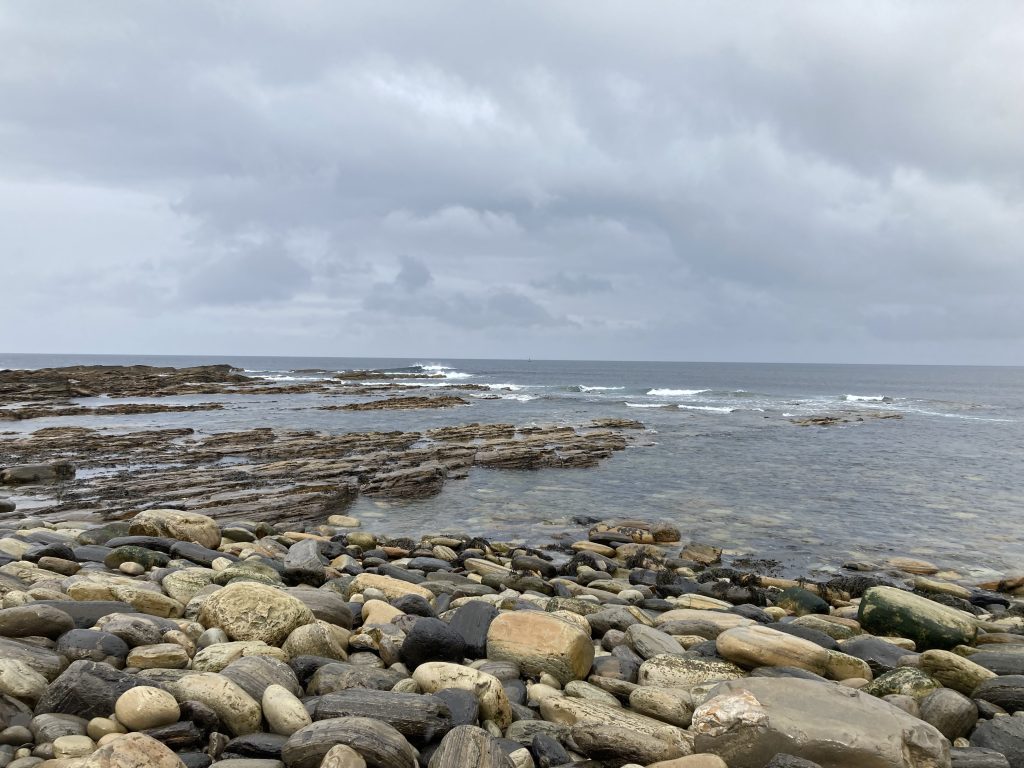
Billia Croo
Day 5&6:
Day 5 is the presentation day where we showcased our findings to our collaborators! We had a fruitful day listening to works from other groups and feedback from our collaborators. In the afternoon, we had our tourist time on the island and visited the Ring of Brodgar, the Standing Stones of Stenness and Skara Brae. My favourite part is definitely our visit to Skara Brae. It is a well-preserved Neolithic settlement from 3100 BC. It is worth noting that the site is vulnerable to the effects of climate change because of its proximity to the ocean and exposure to open air. We are up early for the returning ferry and bus trip on the last day. Everyone was exhausted and at the same knowing that we will miss the time the class spent together! We learnt so much together and had so much fun meeting new people, cooking in the hostel, shopping for groceries, and planning our days!
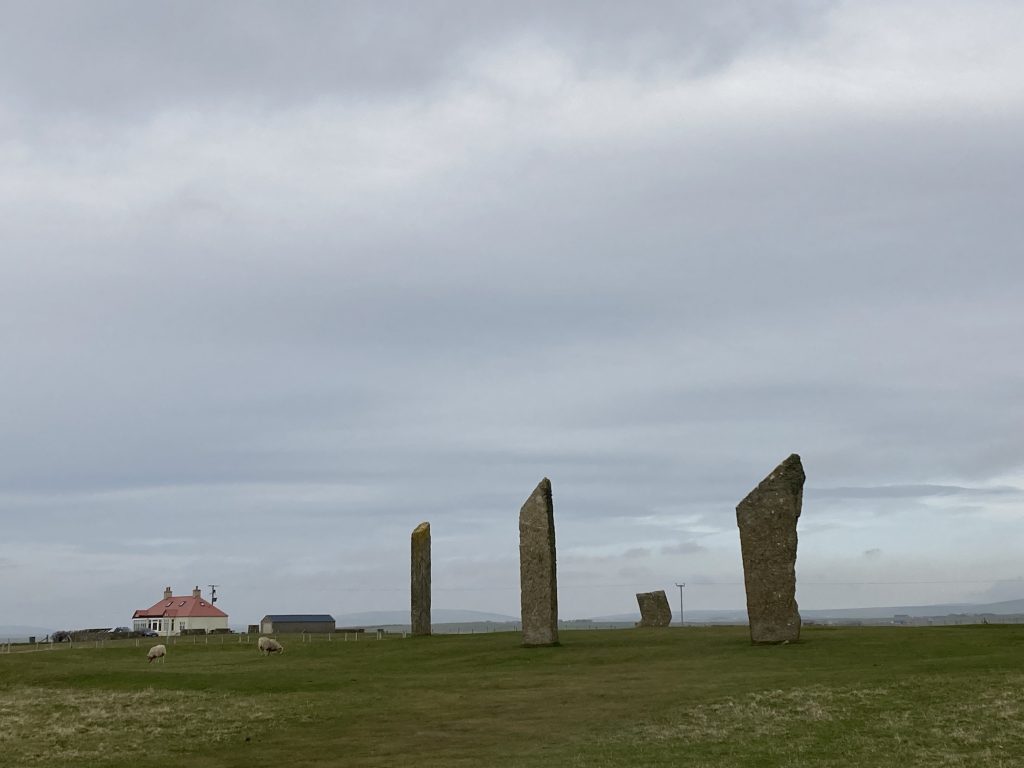
Standing Stones of Stenness
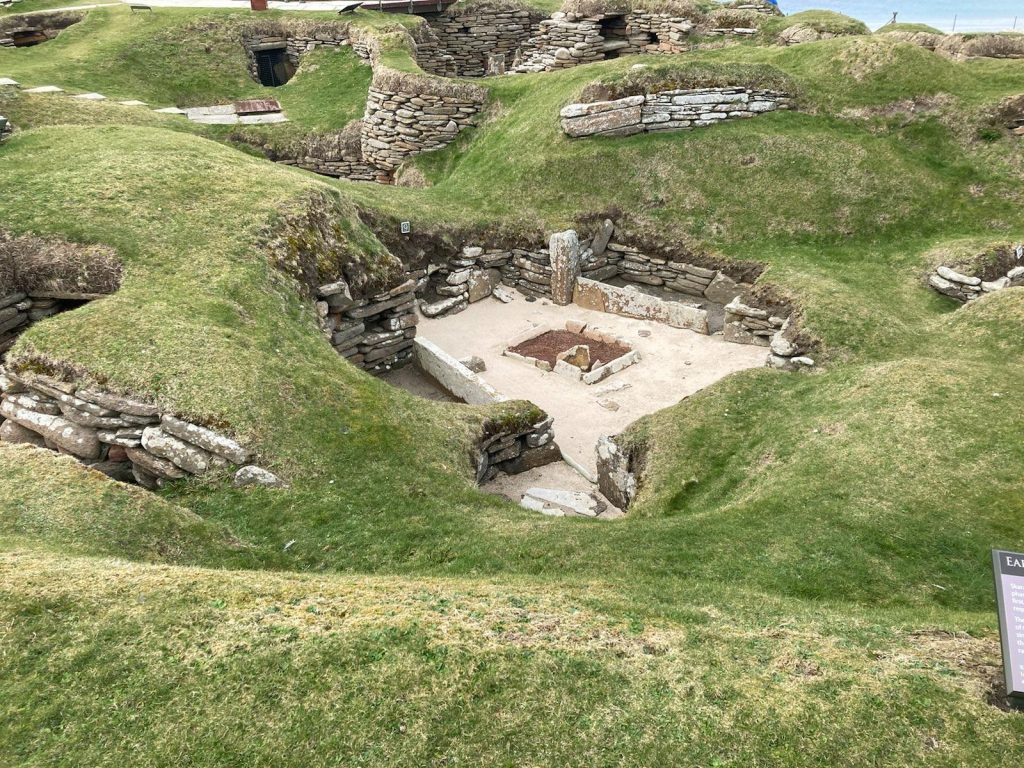
Skara Bae
Check out our websites and social media to learn more about our course experience!
Useful links
School of GeoSciences Website: www.ed.ac.uk/geosciences
Postgraduate Taught Study at The University of Edinburgh: https://www.ed.ac.uk/geosciences/study/degrees/postgraduate-taught
More blog posts you might like: https://blogs.ed.ac.uk/geosciences/category/postgraduate/
Social media: https://linktr.ee/schoolofgeosciences




Hi Nancy, what companies did you talk to? How can I get in touch with them to organize a trip with my coursemates? thanks!